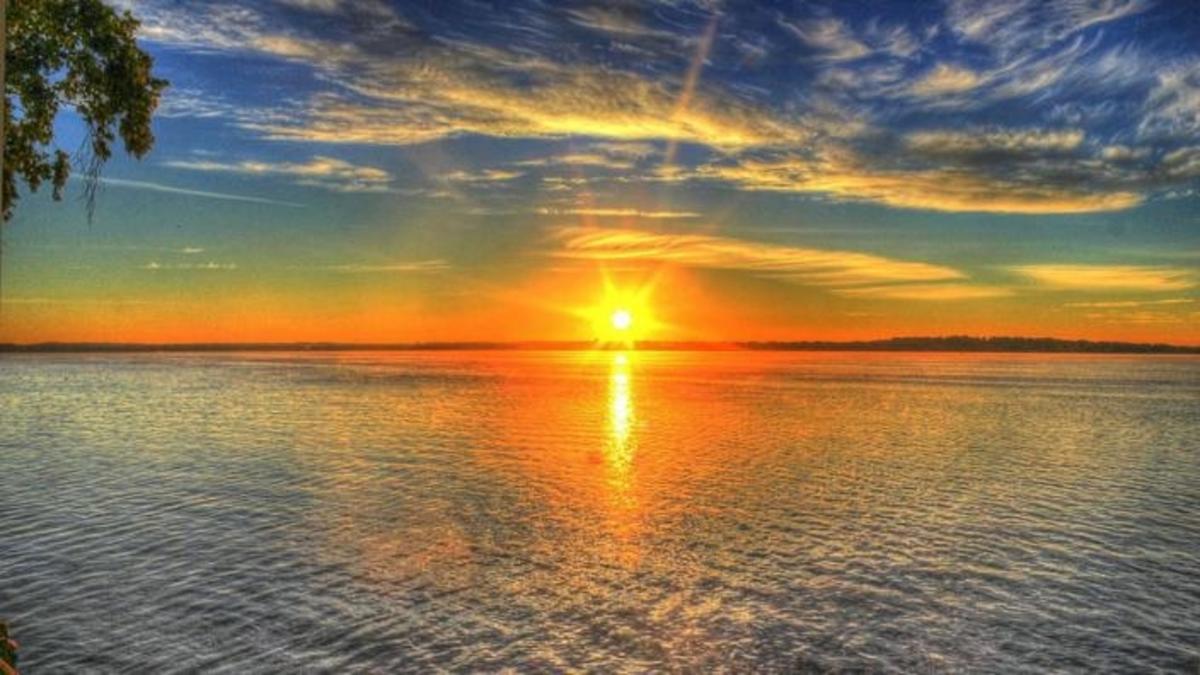The National Sea Grant College Program announced $3.4 million in federal funding to support aquaculture research and outreach. The funding, which leverages federal dollars 2:1 with state matching funds, will support 23 aquaculture conferences and workshops and 11 aquaculture research projects.
Through the federal grant competition, the University of Minnesota Sea Grant received $19,000 to organize a workshop to prioritize strategies for raising fish such as salmon, walleye and tilapia and shellfish in Minnesota. Preliminary plans are underway for the workshop, which will focus on fish for human consumption rather than fish for bait or stocking, to take place in Duluth in 2017.
“The workshop will address the growing fields of aquaculture and provide potential growers with state-of-the-art strategies and a list of species best suited for rearing in Minnesota,” said Don Schreiner, Minnesota Sea Grant fisheries specialist and workshop organizer. “A major criterion for the workshop is to identify aquaculture strategies that are economically viable and protect Minnesota’s valuable wild fish stocks.”
According to the National Oceanic and Atmospheric Administration’s Office of Aquaculture, by value, about 90 percent of the fish and shellfish consumed in the United States are imported, and about half of the imports are produced by aquaculture.
“Many of us are very concerned that food be sourced as locally as possible,” said Minnesota Sea Grant Director John Downing. “This could potentially add important and delicious protein sources to Minnesota’s local food menus.”
Commercial aquaculture in Minnesota could benefit communities through a more stable source of employment and reduce transportation costs associated with imported fish in addition to providing opportunities to help fill the increasing demand for meat protein.
“Industry and academic experts in food fish aquaculture and aquaponics, staff from agencies in Minnesota that license and regulate these programs and Sea Grant and Extension outreach experts who have experience with growers from the upper Great Lakes states will be invited to the workshop,” said Schreiner.
The conference funding is part of Sea Grant’s overall effort to develop environmentally and economically sustainable ocean, coastal and Great Lakes aquaculture. For 50 years, Sea Grant has combined research on aquaculture with local outreach to transfer the latest technologies and techniques to aquaculturists. Sea Grant also provides training on aquaculture and, through its legal expertise, works with communities to inform policies related to aquaculture.
“Sea Grant’s research on aquaculture continues to advance the field in promising and sustainable ways, and this latest round of aquaculture research grants is no exception,” said Jonathan Pennock, National Sea Grant director. “I am particularly pleased that these projects will begin to address priorities identified in the 10-year vision for aquaculture recently developed by the Sea Grant network in conjunction with industry partners and management professionals.”
The $3.4 million in grants announced this week is part of Sea Grant’s $9 million national aquaculture research and technology transfer portfolio in 2016. Additional components of the portfolio include ongoing aquaculture research efforts ($1.8M for 27 projects) and ongoing technology transfer and extension efforts ($3.1M) by Sea Grant universities and partners around the country.
Additional Information:
- Learn more about Sea Grant’s work on sustainable aquaculture.http://seagrant.noaa.gov/50thAnniversary/AquacultureandSeafood.aspx
- A complete list of aquaculture conference and training projects funded in the 2016 competition is available:http://seagrant.noaa.gov/Portals/0/2016SeaGrantAquacultureWorkshopsTrainingEventsFundedProjects.pdf
- A complete list of the 11 aquaculture research projects funded in the 2016 competition is available.http://seagrant.noaa.gov/Portals/0/2016SeaGrantAquacultureResearchCompetitionFundedProjects.pdf
- Sea Grant 10-year vision for aquaculture.http://masgc.org/assets/uploads/publications/1216/10-year_sg_aquaculture_plan_final_with_hyperlinks.pdf
- Sea Grant aquaculture summary fact sheet.http://seagrant.noaa.gov/Portals/0/Documents/50th Anniversary/SG-Aquaculture-vision-2-pager 10032016-final-reduced.pdf
Minnesota Sea Grant facilitates interactions among the public and scientists to enhance the environment and economies along Lake Superior and Minnesota's inland waters by identifying information needs, fostering research, and communicating results. Minnesota Sea Grant is funded by the National Oceanic and Atmospheric Administration (NOAA) and the University of Minnesota. It is part of NOAA Sea Grant, a network of 33 similar science-based programs.
